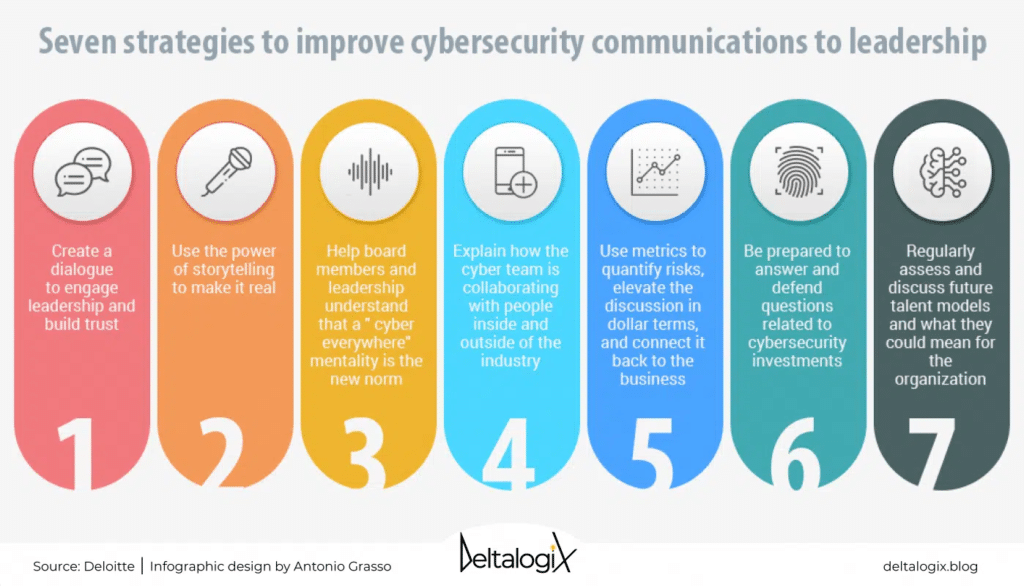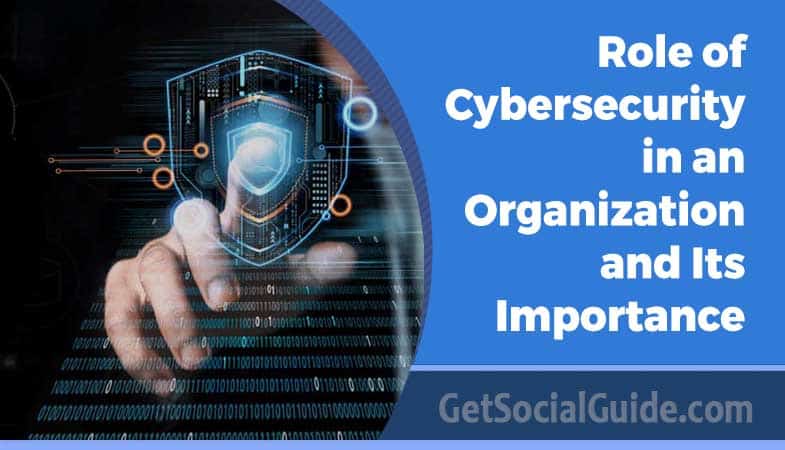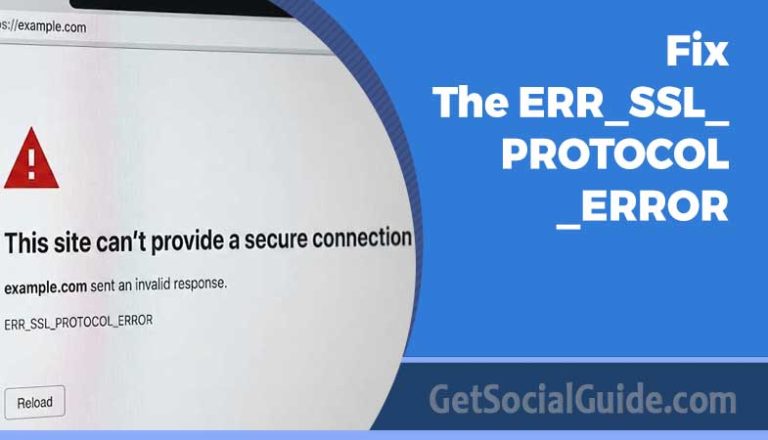Role of Cybersecurity in an Organization and Its Importance
It’s no secret that cybercrime is constantly on the rise, and cybersecurity is no longer a concern exclusive for bigger companies and enterprises, but many cybercriminals have now shifted their targets to smaller businesses, that are often more vulnerable than more established organizations.
So, implementing cybersecurity best practices is now essential for all kinds of businesses that have an online presence: a website, social media profiles, and other online assets.
What is Cybersecurity?
Cybersecurity is the comprehensive practice of protecting internet-connected systems-including hardware, software, and data-from malicious attacks and unauthorized access. For a business, this means ensuring the confidentiality, integrity, and availability of all information assets.
It’s a multi-layered discipline that involves people, processes, and technology, encompassing everything from securing your blog’s admin dashboard to training yourself against phishing scams.
🔍 Why Cybersecurity is a Non-Negotiable Priority
- Financial Survival: Cybercrime is costly. The global cost is projected to reach $10.5 trillion annually by 2025. For a small business or solo blogger, a single ransomware attack or data breach can be devastating.
- Guardian of Trust and Reputation: Your audience’s trust is your most valuable currency. A breach that leaks subscriber emails or comments can destroy that trust instantly, leading to audience loss and lasting reputational damage.
- Legal and Regulatory Imperative: Laws like the GDPR (in the EU) and various state laws require you to protect user data. Non-compliance after a breach can lead to heavy fines and legal action.
- Ensuring Business Continuity: An attack can take your website offline, disrupt your content schedule, and halt income from ads or affiliates. Cybersecurity measures are what keep your operations running smoothly.
🚨 Common Cyber Threats You Need to Know
Understanding the threats is the first step in defense. Here are the most prevalent ones:
- Phishing: Deceptive emails or messages designed to trick you into revealing passwords or installing malware. This is a leading cause of breaches.
- Ransomware: Malicious software that encrypts your files, holding them hostage until a ransom is paid. It can paralyze your site completely.
- Malware: A broad category including viruses, worms, and spyware that can steal data, damage files, or take control of your systems.
- Insider Threats: Risks originating from people with authorized access, whether through intentional misuse or accidental error. Human error is involved in 90% of breaches.
⚙️ Building Your Cybersecurity Framework: A Practical Approach
Effective cybersecurity is proactive and layered. Adopting a framework like the one from the National Institute of Standards and Technology (NIST) can guide you. It’s built on five core functions:
| Function | Key Actions for a Blogger/Content Creator | Examples |
|---|---|---|
| Identify | Understand what digital assets you have and what risks they face. | Inventory all devices and logins; identify your most sensitive data (e.g., email list, financial records). |
| Protect | Implement safeguards to prevent or limit the impact of an incident. | Use strong, unique passwords and multi-factor authentication (MFA); install security plugins; back up your site regularly. |
| Detect | Develop ways to identify a cybersecurity event quickly. | Monitor site traffic for unusual activity; use security software that alerts you to malware. |
| Respond | Have a plan for containing and mitigating an active attack. | Know how to isolate a hacked page; have contact info for your web host’s support team. |
| Recover | Plan to restore normal operations and learn from the incident. | Restore your site from a clean backup; update your passwords and review what went wrong. |
Crucially, cybersecurity is an organization-wide responsibility. For a solo blogger, that means making security a consistent part of your routine-from updating software to being cautious with email links.
💡 Case Study: A Proactive Defense Strategy
A large company once faced increasing fraud attempts. Instead of just a standard security review, they took a creative approach:
- Think Like a Hacker: They hired “ethical hackers” to identify what data an attacker would truly target.
- Internal Knowledge Check: They asked long-tenured employees how they might access sensitive information based on internal processes.
- The Result: This exercise revealed overlooked vulnerabilities like overly broad access rights and unsecured shared files. By fixing these, the company significantly reduced fraud.
The Lesson: Regularly question your own security from an attacker’s perspective. Review who has access to your website backend and where you store draft content or subscriber lists.
Cybersecurity is obviously important in protecting your business and your valuable/sensitive data from the hands of hackers and cybercriminials. However, what is the actual role of cybersecurity in an organization? Here we will discuss the importance of cybersecurity and how it will impact your business.

1. Enables Your Business To Achieve Its Objectives
When your business’s valuable data, system, network, and other elements are not secure, your business won’t be able to work effectively in achieving the business’s objective.
This can be as simple as when one of your employees’ devices is infected by malware, slowing down its performance to a crawl and thus this employee can’t reach optimal productivity. However, more severe cases like data breaches and DDoS attacks can also slow down your organization as a whole.
In short, when cybersecurity is not implemented properly, this can cause a lot of wasted time for your employees and even departments, leading to missed deadlines and projects not staying on-budget.
2. Protecting Your Business’s Assets
It’s no secret that today, data is our most valuable asset. Your business’s data can be crucial for your daily operations, and your business might also hold customer’s personally identifiable information (PII) and other sensitive data.
When hackers or cybercriminals gain access to this sensitive data due to a lack of cybersecurity, it can lead to various negative impacts from the slowdown of business operations to serious legal repercussions to long-term and even permanent damage to your information.
Only by implementing proper cybersecurity and data integrity best practices as well as by stopping bot attacks we can protect our most valuable assets from cybercriminals.
3. Allowing Employees To Work Safely
By implementing cybersecurity, we can properly secure our employees’ privacy and devices, allowing them to work safely.
By providing our employees with peace of mind, we can allow them to be more productive by focusing on the tasks at hand rather than worrying about data breaches, identity thefts, and other cybersecurity threats.
If, for example, we neglect to protect an employee’s device and so it is infected by malware, it can really hamper their productivity and even might cost you or the employee additional costs to replace these devices.
4. Ensuring Reliability of Service
Cybersecurity threats like DDoS (Distributed Denial of Service) attacks are aimed to hamper your website or app from providing service to your customers. When you can’t provide service, especially if your website or app is offering transactions, this will translate into a loss of revenue.
However, the damage can actually go much deeper than that: when you fail to provide service to your customers, then they’ll simply move to your competitors. In fact, 88% of online consumers are less likely to return to a website or service after a bad experience.
Thus, not properly implementing cybersecurity can result in long-term damage or even permanent damage to your reputation, which can be extremely expensive for your business.
5. Establish Confidence and Trust
On the other hand, if you can prove that your website and service are secure and well-protected against all kinds of cyber-attacks and digital threats, people are more likely to trust you.
Online consumers simply won’t purchase things from companies they can’t trust, and by establishing confidence that you are a secure business, they will feel more confident when making a purchase.
They can also tell others about their good experience in using your service by providing online reviews, which can also help you in attracting more consumers.
In short, cybersecurity can be an important branding tool for your business.
6. Protecting Your Business from Legal Damages
British Airways was recently fined more than £20 million due to their failure in protecting consumer’s data when BA was subject to a cyber-attack in 2018. This is just one example from so many cases where businesses must face legal damages on top of the ongoing financial and reputational damages in the event of a successful data breach or other types of cybersecurity attacks.
Thus, implementing cybersecurity best practices is an extremely important protection for your business as a whole. You wouldn’t want to pay millions in fines just because you’ve neglected to update your OS with the latest security patches and exploited by hackers as a result.
7. Wildcard SSL Certificate
To establish confidence and a secure website, SSL certificate can be helpful security. You can choose SSL from reputed SSL providers. Either you need single domain security or multiple subdomains security there will be cost-saving deals like a low-price single domain certificate for one domain security or the cheapest wildcard SSL certificate for subdomains security is available at pocket saving price.
Once you have SSL certificate of any type you choose, it makes your site secure and shows customers a secured padlock with a site seal, which assures them that they are browsing an SSL-protected website







Great tips. There are also extra protection that cybersecurity provider have for businesses. It is important to have those too.
Thanks
This blog is informative and great.
I’ve just read your blog post on the role of cybersecurity in an organization and its importance, and I must say, it’s a comprehensive and insightful resource for anyone seeking to understand the critical role cybersecurity plays in today’s business landscape.
Your clear explanation of the various components that make up a robust cybersecurity framework is commendable. From network security and access controls to encryption and employee training, you’ve effectively covered the multifaceted aspects that organizations need to consider. Your breakdown of the potential consequences of a security breach, both in terms of financial losses and reputation damage, reinforces the urgency of implementing strong cybersecurity measures.